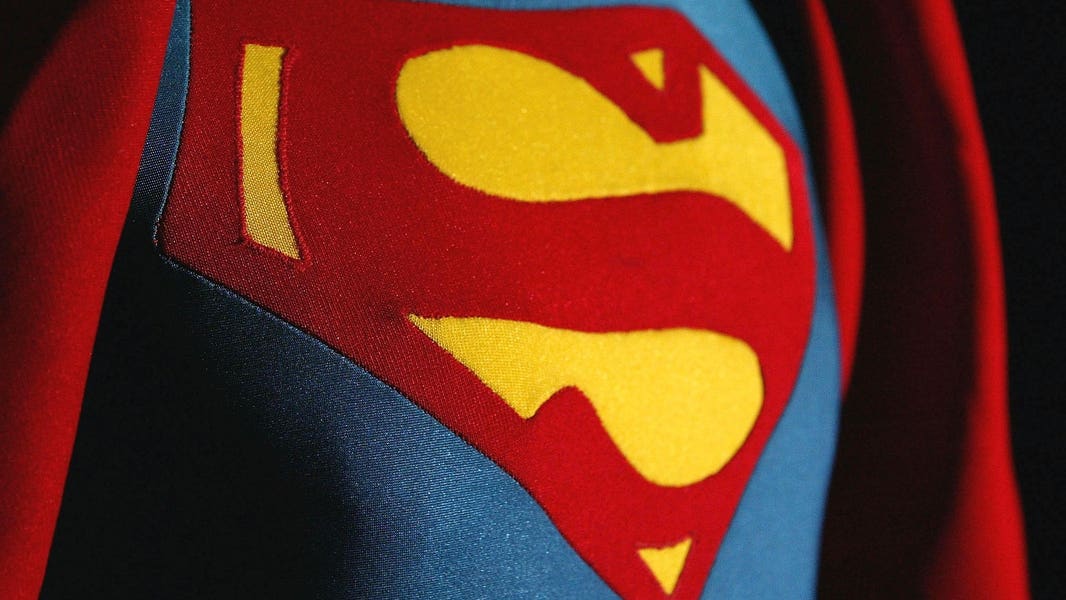[[{“value”:”
Contributing Author: Allen Secretov
The highly anticipated film “Superman” is set to hit theaters on July 11, 2025, and will be the first solo movie for the beloved character since 2013’s “Man of Steel.” Starring David Corenswet (Superman) and Rachel Brosnahan (Lois Lane), the new film is part of a planned reboot of the DC Comics superhero film franchise. However, despite his superhuman abilities, it seems that even Superman will have to defeat legal challenges if he wants to return to the global box office.
Superman’s Cape Caught in a Legal Tug-of-War
On January 31, 2025, the estate of Superman co-creator Joseph Shuster filed a copyright lawsuit against Warner Bros. Discovery and DC Comics, Inc., which could jeopardize the international release of the studio’s upcoming tentpole film “Superman,” in the U.K., Canada, Ireland, and Australia. The lawsuit hinges on foreign copyright law, alleging that the Defendants lost ownership rights to Superman in select countries yet continued to profit off the character.
This suit marks the latest in a long history of legal battles over Superman.
Created by writer Jerry Siegel and artist Joe Shuster, Superman’s comic book debut came in Detective Comics’ Action Comics No. 1 in 1938. Siegel and Shuster sold the underlying comic strip and assigned “all [the]
good will attached . . . and exclusive right[s]” to Superman to Detective Comics for $130. Neither they nor DC could have anticipated how popular the Kryptonian hero would become, and that popularity led to the slew of lawsuits that have followed.
– See the 1938 Agreement here.
In 1947, Siegel and Shuster sued Detective Comics’ successor, National Periodical Publications, Inc., over the ownership rights to both Superman and Superboy, seeking to annul and rescind their prior agreements with Detective Comics for lack of mutuality and consideration. A judicial referee concluded that the 1938 assignment of the rights to Superman to Detective Comics was valid, and therefore Detective Comics was the exclusive owner of “all” the rights to Superman, but that Superboy belonged to Siegel. While the matter was on appeal, Siegel and Shuster settled out-of-court with National for approximately $94,000. This caused the referee to enter a final consent judgment that, among other things, Siegel and Shuster transferred “all their rights” to Superman to Detective Comics.
The expiration of the then-initial 28-year copyright term for Superman led to more lawsuits in the 1960s. The courts ultimately concluded that, in transferring “all their rights” to Superman to Detective Comics pursuant to the final consent judgment, the Siegel and Shuster had assigned not only Superman’s initial copyright term, but the associated renewal term as well.
The Copyright Act of 1976 changed the law concerning copyright transfers by the original authors, including that it gave them the ability to terminate any prior copyright grants executed before January 1, 1978, other than for copyright in a work made for hire.
After Shuster’s death in 1992, his sister Jean Shuster Peavy and brother Frank Shuster entered into a one-page agreement with DC Comics. Under the 1992 Agreement, Jean would receive $25,000 per year, for the rest of her life, in exchange for Jean and Frank agreeing that the agreement settled “all claims to any payments or other rights or remedies which you may have under any other agreement…regarding any copyrights, trademarks, or other property right in any and all work created in whole or in part by your brother, Joseph Shuster, or any works based thereon,” granting DC Comics “any such rights,” releasing DC Comics, its licensees and all others acting its permission, and covenanting “not to assert any claim of right, by suit or otherwise, with respect to the above, now and forever.”
– See the 1992 Agreement here.
After decades of subsequent litigation, the Ninth Circuit Court of Appeals concluded that the 1992 Agreement worked as an express or implied novation of the 1938 Agreement’s grant of rights such that Shuster lost his termination rights under the U.S. Copyright Act, conclusively deciding that the Shuster Estate did not have termination rights under U.S. copyright law.
Which brings us back to the Shuster Estate’s recent lawsuit. It cites U.K. copyright law, under which copyright assignments end 25 years after the author’s death. As Shuster died in 1992, the Estate argues it automatically reclaimed certain foreign rights to Superman in 2017.
“By operation of law, Shuster’s foreign copyrights automatically reverted to his estate in 2017 in most of these territories (and in 2021 in Canada),” the lawsuit alleges. “Yet Defendants continue to exploit Superman across these jurisdictions without the Shuster Estate’s authorization—including in motion pictures, television series, and merchandise—in direct contravention of these countries’ copyright laws, which require the consent of all joint copyright owners to do so.”
So what about that 1992 Agreement? Well, the Estate alleges that “Foreign Reversionary Rights vest only in the personal representative of an author’s estate,” and that prior court decisions left open whether Peavy was authorized, prior to the probating of the Shuster Estate and the appointment of an executor in 2003, to bind the Shuster Estate to the 1992 Agreement. The Estate argues that “Peavy did not have authority to bind the Shuster Estate to the 1992 Agreement, which she signed in her personal capacity and long before the estate was probated.” Therefore, they argue, foreign reversionary rights in the UK, Australia, Canada, and Ireland belong to the Shuster Estate, not DC. As such, the Estate argues that Shuster’s original one-half ownership of the Superman character has reverted to the Estate, and the continued unauthorized exploitation of the Superman character in these countries is illegal and must stop.
A Cry for Vengeance
The Estate’s legal representative has stated that their intentions are not to deprive fans of the film, but to seek just compensation for Shuster’s contributions to the character and stress the U.S.’s vigilance regarding copyright law in a global market. The Estate may be open to international licensing and cooperation with the Defendants, for the right price.
Meanwhile, a Warner Bros. Discovery spokesperson has stated that “[w]e fundamentally disagree with the merits of the lawsuit, and will vigorously defend our rights.”
The Shuster Estate’s lawsuit asks for a court order preventing Defendants from further exploitation of Superman without the Estate’s consent or license. Absent a court order, it is unlikely that the film’s release will be delayed. Thus, Warner Bros. Discovery may soon get their opportunity to defend their rights by opposing a motion for preliminary injunction likely to be filed by the Estate.
Legal Entertainment has reached out to attorneys for both sides for comment and will continue to monitor dockets for counsel appointments.
Allen Secretov is a Partner at the entertainment litigation boutique Kinsella Holley Iser Kump Steinsapir LLP. He specializes in litigating complex civil and intellectual property law matters.
“}]] A copyright lawsuit against Warner Bros. Discovery and DC Comics could jeopardize the international release of “Superman,” in the U.K., Canada, Ireland, and Australia. Read More

